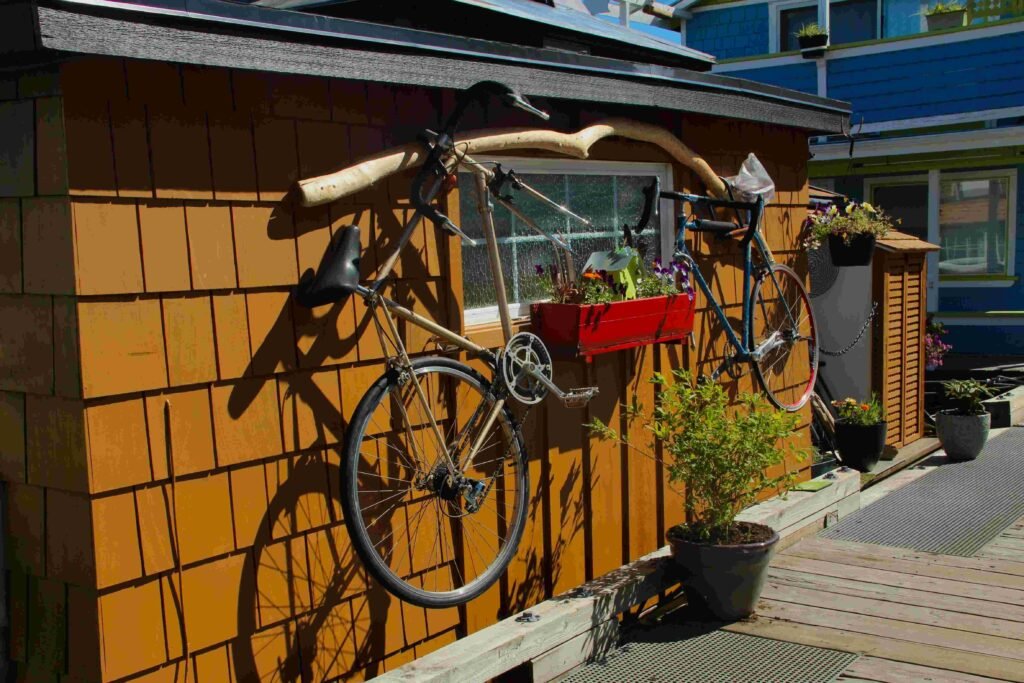Modern Sustainable Lifestyle Choices
The topic of sustainability has become an ever-present conversation in our modern world, as the effects of climate change and environmental degradation have become more apparent. People are beginning to explore ways to lead lifestyles that reduce their environmental impact while supporting personal well-being. By adopting sustainable practices, one can not only contribute to a healthier planet but also enhance their quality of life in meaningful ways.
One of the key areas of focus for a sustainable lifestyle is the way we consume resources. Many now choose to support a circular economy by buying second-hand goods, repairing broken items instead of discarding them, and reducing overall consumption. This approach applies to everyday items such as clothing, furniture, and technology. Minimalism also plays an important role in this movement, inviting people to purchase only what they truly need and value.
Food Choices and Sustainability
Sustainable eating habits are central to a modern eco-friendly lifestyle. Reducing meat and dairy consumption, for instance, can significantly lower greenhouse gas emissions. Many individuals are experimenting with plant-based diets or incorporating more locally grown and seasonal foods into their meals to decrease the carbon footprint associated with industrial farming and transportation.
Additionally, minimising food waste is a critical aspect of sustainable living. Techniques such as meal planning, batch cooking, and composting leftover scraps provide practical means of ensuring that our food-related resources are not squandered. Community-supported agriculture (CSA) programmes are gaining popularity as a way to support local farmers while gaining access to fresh, responsibly sourced produce.
Energy Efficiency in Everyday Life
Another pivotal facet of sustainable living involves how we use and conserve energy. Many households are embracing renewable energy sources such as solar or wind power to meet their needs. Energy-efficient appliances, LED lighting, and fixtures that minimise water usage have also become staples of eco-conscious homes.
Furthermore, smart home technologies can enable better control of energy consumption. Programmable thermostats, for example, optimise heating and cooling systems to operate only when necessary. These small shifts not only reduce energy costs but also measurably improve one’s ecological footprint.
Rethinking Transportation
Transportation is often one of the largest contributors to an individual’s carbon emissions. Opting for cycling, walking, or using public transport can drastically reduce these emissions. Many urban areas are investing in bike lanes and reliable bus services to make these options more attractive. For those who rely on automobiles, transitioning to electric or hybrid vehicles can make a big difference.
Remote work is another trend that supports sustainability. With less commuting required, employees can save time, cut down on fuel usage, and decrease traffic congestion.
Community and Advocacy
The lifestyle changes discussed here are further amplified when individuals join forces to inspire collective action. Participating in local clean-ups, advocating for green policies, or supporting businesses committed to ethical and sustainable practices can amplify an individual’s impact. Forming or joining eco-conscious groups offers opportunities to exchange resources, ideas, and inspiration.
Education also plays a transformative role. By discussing sustainability with friends and family, or even through social media platforms, one can spread awareness and encourage more widespread adoption of eco-friendly habits.












